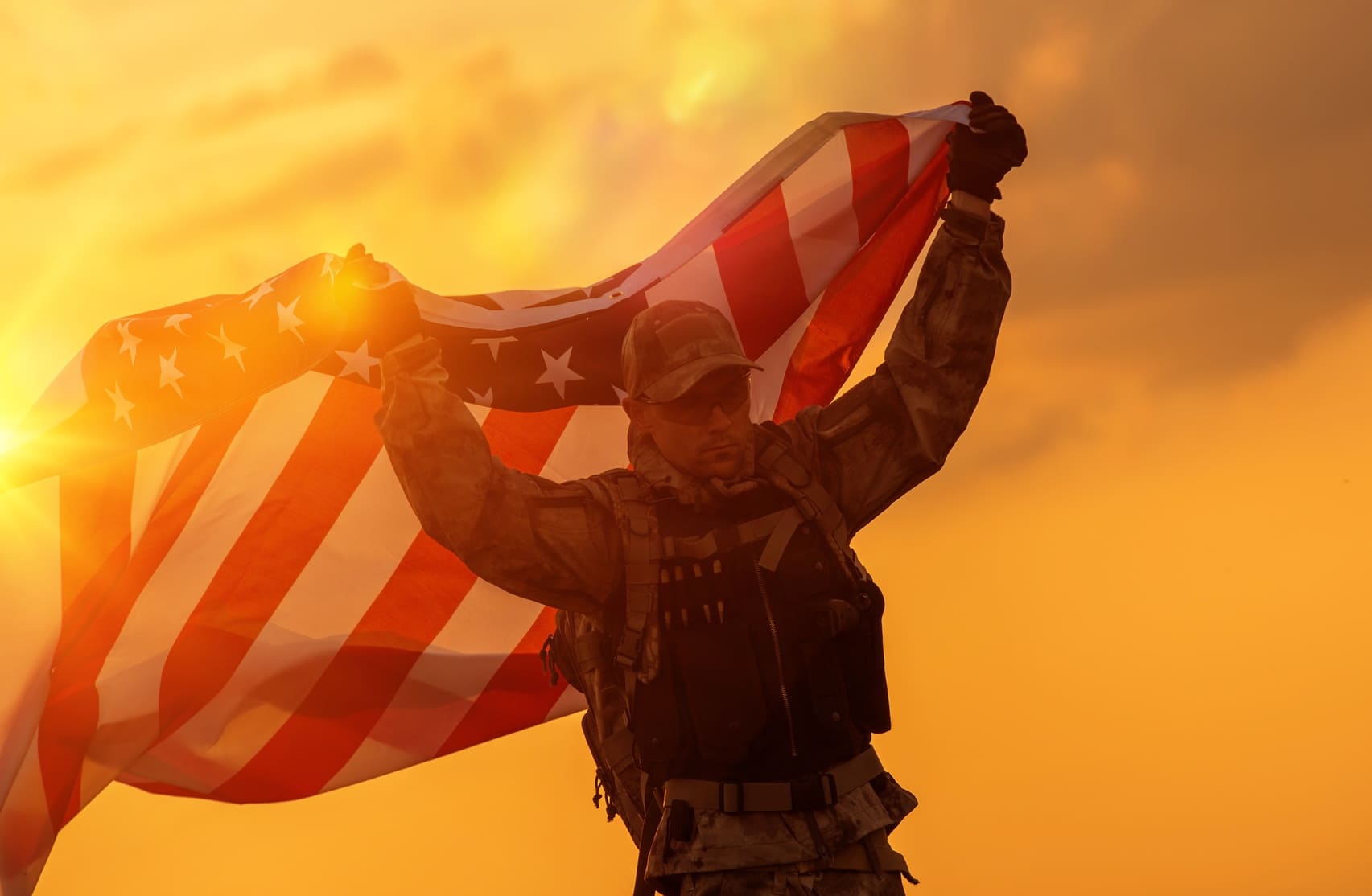September 19, 2016
By Emily Blair
You may have noticed a few videos on your newsfeed recently featuring celebrities—including Dwayne “The Rock” Johnson, Chris Pratt and Kevin Hart—dropping for 22 push-ups. This ALS Ice Bucket Challenge-style movement is based on a 2012 Department of Veterans Affairs (VA) report that cited the loss of 22 veterans each day to suicide.
Last month, the VA Office of Suicide Prevention released a new report using more comprehensive data which updates the loss to suicide to an average of 20 veterans each day. This places the risk of suicide for veterans at a 21% higher rate than civilians. While I could provide you with an endless stream of facts and statistics on this overwhelming problem, one devastating thought remains: virtually no progress has been made.

When I was first approached to share my thoughts on the 22 Push-up Challenge, I must admit I was a bit apprehensive. As a mental health advocate for our service members, veterans and military families, I’m thrilled when Americans pause their busy lives to shine a light on the community I am honored to represent and serve. However, I don’t believe the movement asks enough of supporters. After all, let’s remember who this movement seeks to raise awareness for: America’s warriors. A group of dedicated individuals, who sacrifice so much for our nation’s greater good. Men and women who answered the to call to serve, who at a time of war continue to raise their right hands and say, “Send me first.”
Twenty-two push-ups are a good start, but it can’t end there.
We need to translate this movement into providing veteran-specific mental health care, pushing for more clinical research at the VA and the National Institute of Mental Health (NIMH), and demanding much-needed reforms to the Veterans Health Administration (VHA).
It’s easy to get lost in all of the numbers. Believe me—I get caught up in focusing on the data almost daily. But I would like for each of us to step back and remember the people behind these daily numbers. These individuals are spouses, mothers and fathers, sons and daughters. They represent empty chairs around the Thanksgiving dinner table, and their loss produces an unexplainable void in the hearts of their family members and friends.
So what can you do? At NAMI, we believe in providing hope to those who are experiencing their darkest hours. Reach out to someone you know who may be in trouble. The military is one large family that is an integral part of the greater American family—we all have a shared responsibility as our brother’s and our sister’s keeper.
I encourage you to better educate yourself on the wide range of mental health conditions our service members and veterans face, and I ask you to join the fight with us. Sign up to be a NAMI advocate so we can keep you informed on when you can lend your voice on reforms and policy changes.
Much work needs to be done, but I have a fierce belief in the fact that when Americans unite around a common goal, amazing progress can be made. After all, we sent a man to land on the moon with less technology than is currently available in one iPhone. Surely, we can all come together to achieve the next great mission of zero veteran suicides.
{^youtubevideo|(width)640|(height)385|(rel)True|(autoplay)False|(fs)True|(url)https://www.youtube.com/watch?v=ijvgJSx8U94|(loop)False^}
Submit To The NAMI Blog
We’re always accepting submissions to the NAMI Blog! We feature the latest research, stories of recovery, ways to end stigma and strategies for living well with mental illness. Most importantly: We feature your voices.
LEARN MORE